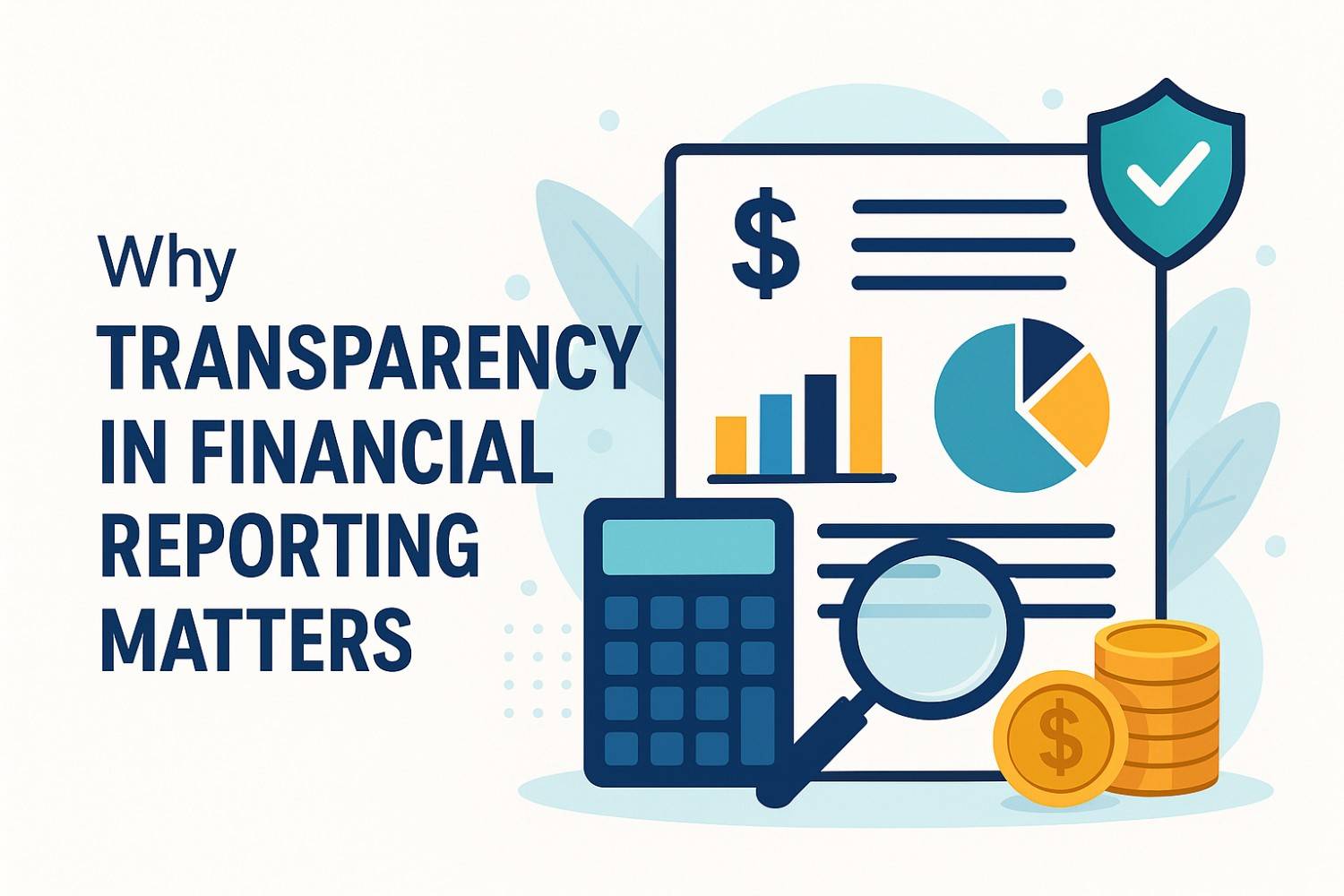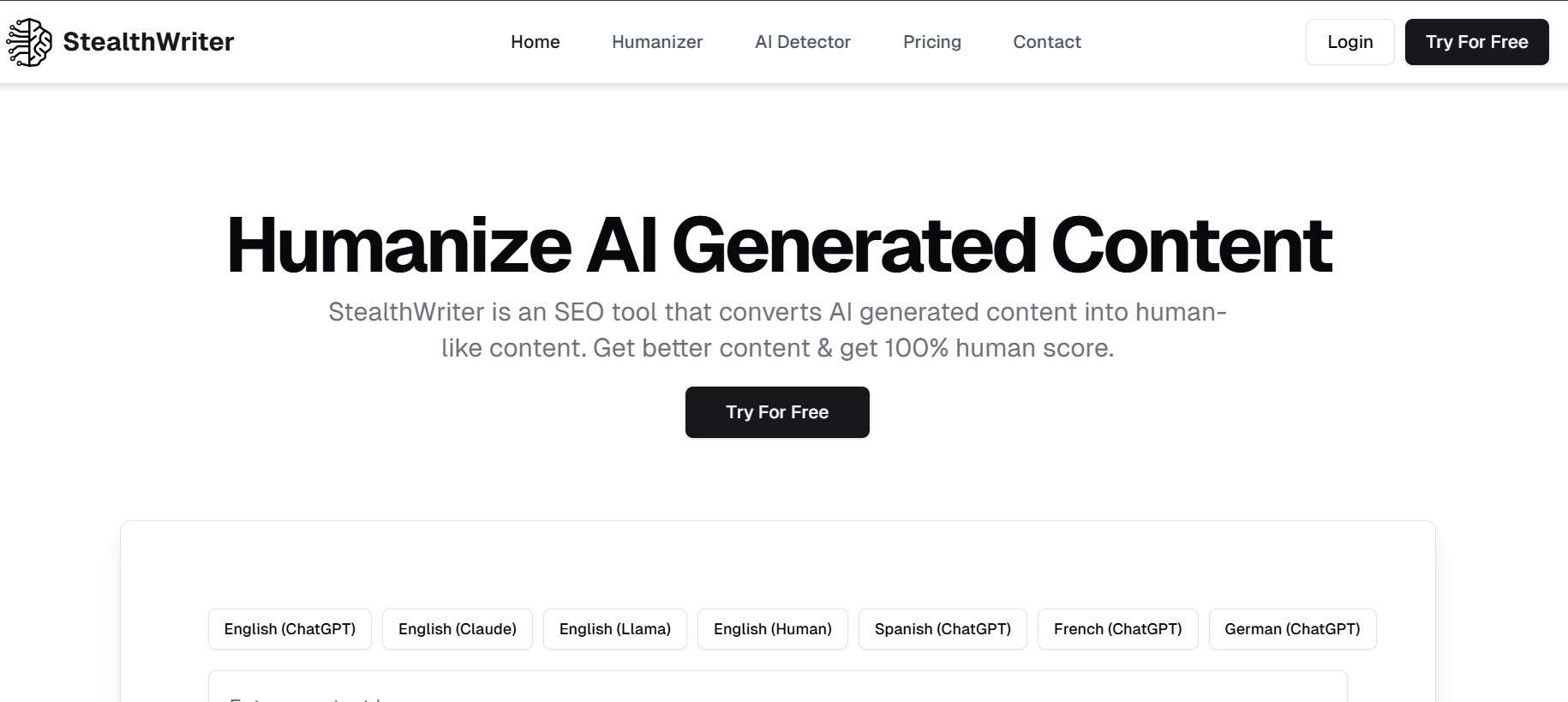Transparency in financial reporting means making a company’s financial information accessible, clear, and understandable for all stakeholders (investors, creditors, employees, public). It provides a complete picture of a company’s financial health, performance, and risk, emphasizing honesty and openness.
The Benefits of Financial Transparency
Embracing financial transparency offers significant advantages that can strengthen a company’s market position and long-term viability. It’s a strategic move that pays dividends in trust, capital, and governance.

Building Trust with Investors
Trust is the currency of the business world, and transparency is how it’s earned. When companies provide clear and comprehensive financial reports, they demonstrate integrity and accountability. Investors are more likely to trust a business that is open about its financial performance, including its successes and failures. This trust fosters long-term relationships, encouraging investors to remain committed to the company through various market cycles. A transparent company is seen as less risky, which can lead to a higher valuation and a more stable shareholder base.
Attracting Capital
A strong reputation for financial transparency makes a company more attractive to potential investors and lenders. When seeking capital, whether through issuing stock or obtaining a loan, a track record of clear financial reporting is a powerful asset. Lenders and investors can more easily assess the company’s financial health and creditworthiness, which reduces their perceived risk. Consequently, transparent companies often find it easier to secure funding at more favorable terms, such as lower interest rates on loans or higher prices for their stock offerings.
Improving Corporate Governance
Transparency is a cornerstone of good corporate governance. It ensures that a company’s management is accountable to its board of directors and shareholders. When financial information is readily available, it becomes more difficult for unethical or fraudulent activities to go unnoticed. This accountability promotes responsible decision-making and helps align the interests of management with those of the shareholders. Furthermore, transparent reporting can improve internal processes, as it requires robust systems for collecting and verifying financial data. This can lead to greater operational efficiency and better strategic planning.
Challenges in Achieving Transparency
While the benefits are clear, the path to full financial transparency is not without its obstacles. Companies often face a variety of challenges that can make open and honest reporting a complex endeavor.

Complexity of Financial Regulations
The regulatory landscape for financial reporting is constantly evolving and can be incredibly complex. Companies must navigate a maze of accounting standards, such as GAAP (Generally Accepted Accounting Principles) or IFRS (International Financial Reporting Standards), which can vary by jurisdiction. Keeping up with these changes requires significant resources and expertise. The intricacy of these rules can sometimes lead to unintentional misinterpretations or errors in reporting, even for companies with the best intentions.
Data Management Issues
In the digital age, companies generate and collect vast amounts of financial data. Managing this data effectively is a major challenge. Ensuring data accuracy, consistency, and security across different systems and departments can be a daunting task. Without robust data management systems, companies risk producing financial reports that are incomplete or contain errors. The integration of data from various sources, such as sales, operations, and finance, adds another layer of complexity to the reporting process.
Ethical Considerations
Ethical dilemmas can also pose a significant challenge to financial transparency. There may be pressure from management to present financial results in a more favorable light, especially during difficult economic times. This can create a conflict between the desire to maintain a positive public image and the obligation to provide an accurate and unbiased financial report. Navigating these ethical gray areas requires a strong commitment to integrity and a corporate culture that prioritizes honesty over short-term gains.
Strategies for Enhancing Transparency
Overcoming the challenges to financial transparency requires a proactive and multi-faceted approach. By implementing strategic initiatives, companies can build a framework for clear, accurate, and trustworthy reporting.

Adopting Standardized Reporting Frameworks
One of the most effective ways to enhance transparency is by adopting standardized reporting frameworks. Following established standards like GAAP or IFRS ensures that financial statements are prepared in a consistent and comparable manner. This makes it easier for investors and other stakeholders to analyze a company’s performance against its peers and over time. Adherence to these frameworks also demonstrates a commitment to best practices and can help build credibility in the financial markets.
Leveraging Technology for Data Accuracy
Technology can play a crucial role in improving the accuracy and efficiency of financial reporting. Modern accounting software and enterprise resource planning (ERP) systems can automate data collection, reduce the risk of manual errors, and provide real-time insights into financial performance. These tools can also help streamline the reporting process, making it easier to generate accurate and timely financial statements. Investing in the right technology is a key step toward building a more transparent and accountable organization.
Promoting a Culture of Integrity
Ultimately, financial transparency is rooted in a company’s culture. Promoting a culture of integrity from the top down is essential for ensuring that ethical considerations always take precedence. This involves setting a clear tone at the top, where leadership demonstrates a strong commitment to honesty and accountability. Companies can also establish clear ethical guidelines, provide regular training for employees, and create channels for whistleblowers to report concerns without fear of retaliation. When integrity is a core value, transparency becomes a natural outcome. For companies seeking external validation, engaging professional auditing and assurance services in St George, Utah, or their local area can provide an objective review of financial practices.
Conclusion
Achieving and maintaining financial transparency is an ongoing journey, not a final destination. It requires a steadfast commitment from leadership, investment in robust systems, and a culture that values honesty and integrity above all else.









